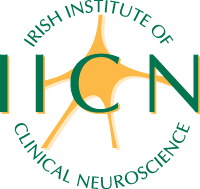Clinical Neurophysiology
Clinical Neurophysiology applies electrophysiological measurement techniques to evaluate and contribute diagnostic information to problems of the central and peripheral nervous systems. As a specialty, it is closely aligned to both adult and paediatric Neurology and Neurosurgery. Clinical Neurophysiological investigations also play an important role in monitoring physiological function of the […]
